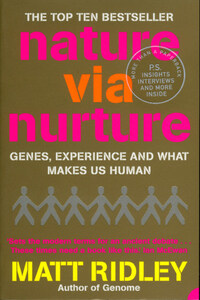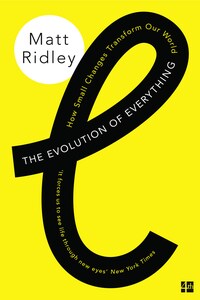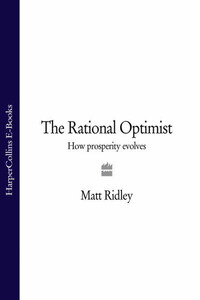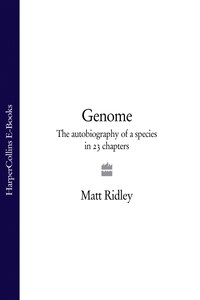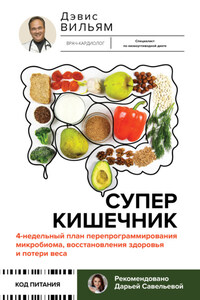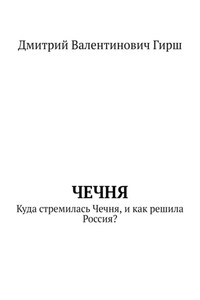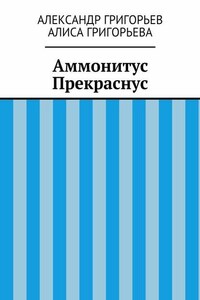Perverse Mankind! Whose wills, created free,
Charge all their woes on absolute Decree;
All to the dooming Gods their guilt translate,
And follies are miscall’d the crimes of Fate.
Homer’s Odyssey, translated by Alexander Pope>1
‘Revealed: the secret of human behaviour,’ read the banner headline in the British Sunday newspaper the Observer on 11 February 2001. ‘Environment, not genes, key to our acts.’ The source of the story was Craig Venter, the self-made man of genes who had built a private company to read the full sequence of the human genome (his own) in competition with an international consortium funded by taxes and charities. That sequence – a string of three billion letters composed in a four-letter alphabet containing the complete recipe for building and running a human body – was to be published later in the week. The first analysis had revealed that there were just 30,000 genes in the human genome, not the 100,000 that many had been estimating up until a few months before.
Details had already been circulated to journalists under embargo. But Venter spilt the story at an open meeting in Lyons on 9 February. Robin McKie of the Observer was in the audience and recognised at once that the 30,000 figure was now public. He went up to Venter and asked him if he realised that this broke the embargo; he did. Not for the first time in the increasingly bitter rivalry over the genome project, Venter’s version of the story would hit the headlines before that of his rivals. ‘We simply do not have enough genes for this idea of biological determinism to be right,’ Venter said to McKie. The wonderful diversity of the human species is not hard-wired in our genetic code. Our environments are critical.’>2
Seeing the Observer’s first edition, other newspapers followed suit. ‘Genome discovery shocks scientists: genetic blueprint contains far fewer genes than thought – DNA’s importance downplayed,’ proclaimed the San Francisco Chronicle later that Sunday.>3 The scientific journals promptly lifted the embargo and the story was in newspapers around the world. ‘Analysis of human genome discovers far fewer genes,’ intoned the New York Times.>4 Not only had McKie scooped the story; Venter had set the theme.
This was the making of a new myth. In truth, the number of human genes changed nothing. Venter’s remarks concealed two massive non sequiturs: first, that fewer genes implied more environmental influences, and second, that 30,000 genes were ‘too few’ to explain human nature where 100,000 would have been enough. As Sir John Sulston, one the leaders of the Human Genome Project, put it to me a few weeks later, just 33 genes, each coming in just two varieties (such as on or off), would be enough to make every human being in the world unique. There are more than ten billion ways of flipping a coin 33 times. So 30,000 does not look such a small number after all. Two multiplied by itself 30,000 times produces a number larger than the total number of particles in the known universe. Besides, if fewer genes meant more free will, that made fruit flies freer than people, bacteria freer still, and viruses the John Stuart Mills of biology.
Fortunately, there was no need for such sophisticated calculations to reassure the population. People were not seen weeping in the street at the humiliating news that our genome had less than twice as many genes as a worm’s. Nothing had been hung on the number 100,000, which was just a bad guess. But it was fitting after a century of increasingly repetitive argument over environment versus heredity that the publication of the human genome should be broken on the Procrustean bed of nature-versus-nurture. It was, with the possible exception of the Irish question, the intellectual argument that had changed least in the century just ended. It had divided fascists from communists as neatly as their politics. It had continued unabashed through the discovery of chromosomes, DNA and Prozac. It was fated to be just as bitterly debated in 2003 as it was in 1953, the year of the discovery of the structure of the gene, or in 1900, the year modern genetics began. Even the human genome, at its birth, was being claimed for nurture-versus-nature.
